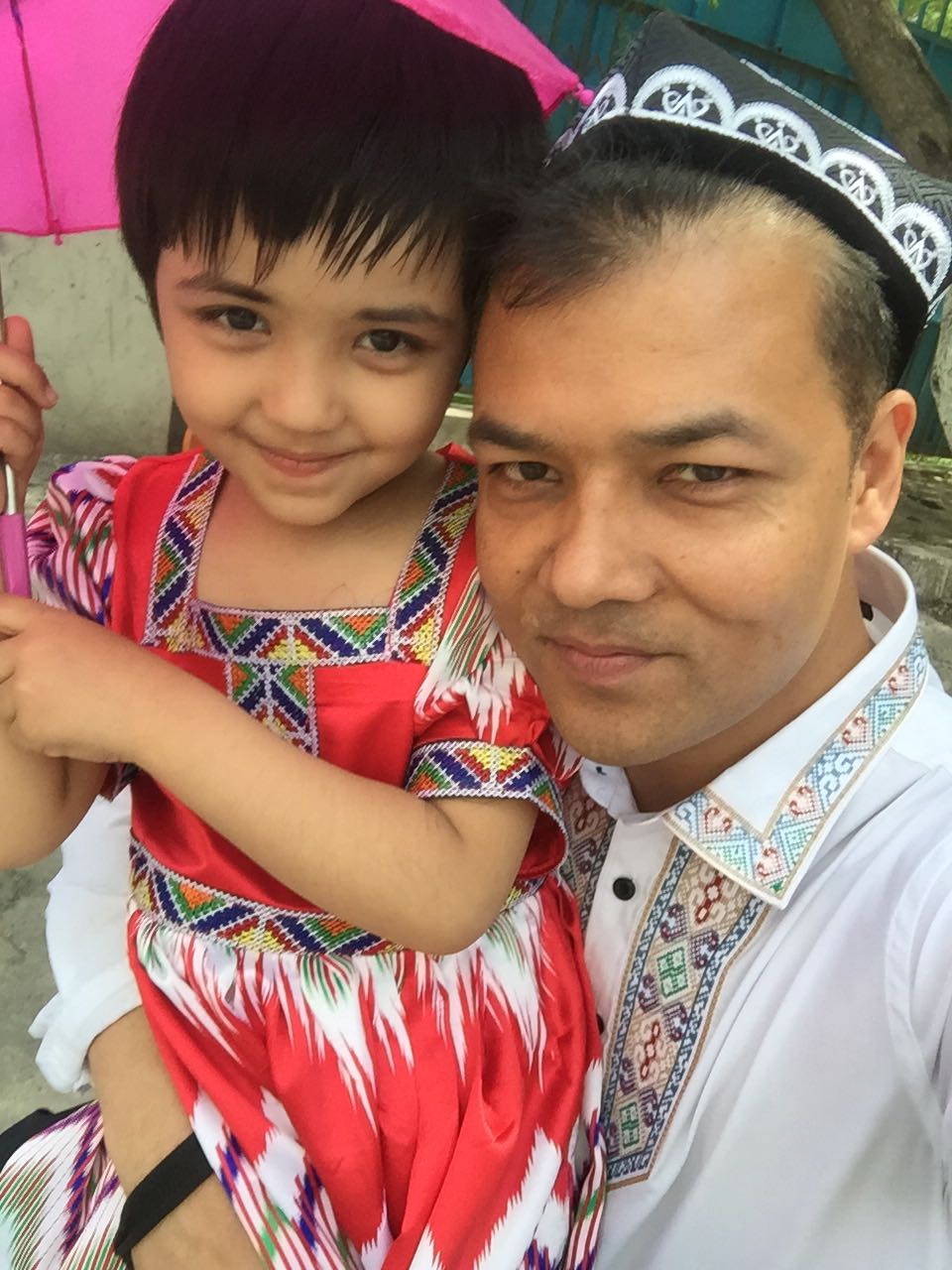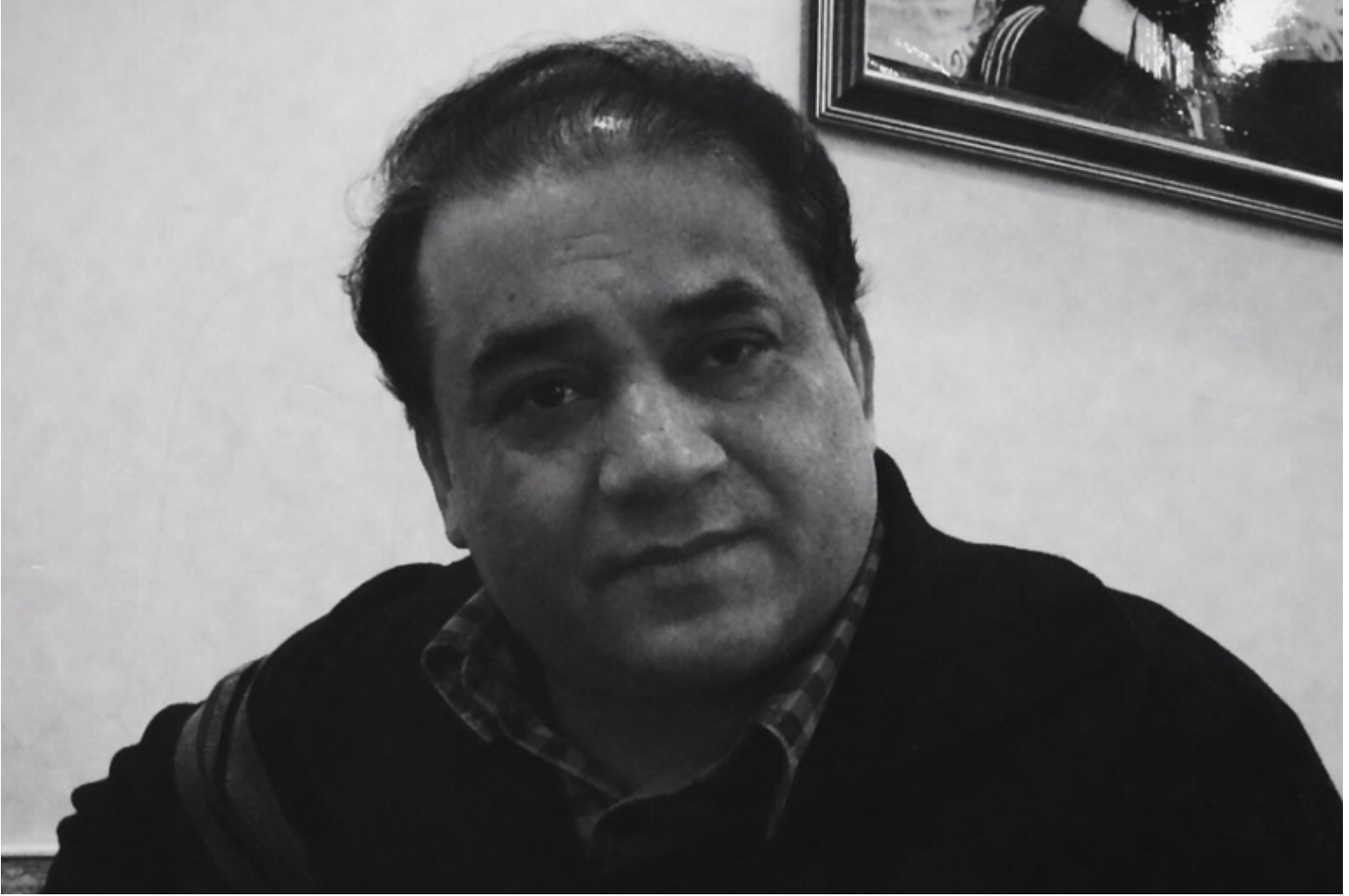Children and parents are being ripped apart on a massive scale. It may rob an entire generation of their Muslim identities.
https://www.theatlantic.com/international/archive/2018/09/china-internment-camps-uighur-muslim-children/569062/
Imin worries about what might happen to his daughter in such an environment. As an academic who promotes Uighur culture and a vocal critic of China’s policies toward his people, he remains in the U.S. because he fears he will be sent to an internment camp if he goes home. He said he first left China to go to graduate school, and that his wife and child can’t join him because the Chinese government took their passports. He added that several of his family members are already in the camps, including his brother and sister. His other relatives have deleted him as a social-media contact and refuse to be in touch, he said, because communicating with a Uighur abroad could make them look suspicious to authorities. Since arriving in the U.S. last year, he has had to content himself with weekly phone calls to his daughter. But during a call in February, she asked him to stop contacting her and her mother.
“You are a bad person. The Chinese police are good people,” he recalled his seven-year-old saying—under psychological duress, he believes. He said he hasn’t been able to reach her since.
Now, Imin has nearly no way of knowing where she is or whether she’s safe. His wife divorced him last year because staying married to him put a target on her back, he said, and since then they haven’t exchanged so much as a hello. The lack of contact has left him prone to panic. The day he and I were slated to talk, he sent me an apologetic email around 5:00 a.m., asking to reschedule: “I could not sleep the whole night wondering about my family back home and trying to contact them to know whether my wife and daughter are safe or not. Today is Eid [al-Adha] for Uighurs at home, when every family joins together to celebrate.” In the small hours of the night, he’d resorted to posting on Chinese social media, asking strangers if anyone had seen his wife or daughter in the street, but to no avail. Had his wife been rounded up and sent to a camp? If so, had his daughter been placed in an orphanage?
Imin recalled a phone call with his daughter last December, when they were joking about what he’ll be like when he gets old. His daughter said, “Maybe you will do the namaz practice just like my grandmother!” Namaz refers to Islamic prayer—a risky thing to mention, since Chinese authorities are known to surveil calls. “At that time,” Imin recounted, “her mother took away the phone and stopped the conversation. Maybe she scolded her after: ‘Why do you say about namaz, why do you say the name of the religious practice?’ Any kind of religious name, even salaam aleikum, everything was being considered very sensitive and could lead to us being sent to camps.”
A father like Imin can only hope that, in the end, all this will total something he can still recognize, something not all that different from the family he once knew.
For now, he’s holding onto a shred of hope: Someone has replied to his social-media post, assuring him that his ex-wife and daughter were recently seen walking in the streets. Knowing they were still together and relatively safe filled Imin with relief, he told me. “I said ‘oh my god!’ and deleted those posts very quickly. I got the news, I got the news they are safe,” he said, his voice breaking.
Asked how he thinks his seven-year-old girl understands her own identity now, he said, “I taught her that we are Uighur and we have a very special culture. Our food, language, clothes, history—everything is different. I taught her to be proud of that. Now she is being taught the Chinese culture … so maybe she lost a lot of things, or forgot everything I taught her. But she has a sense in her heart that she is different: She is Uighur. I believe that.”

